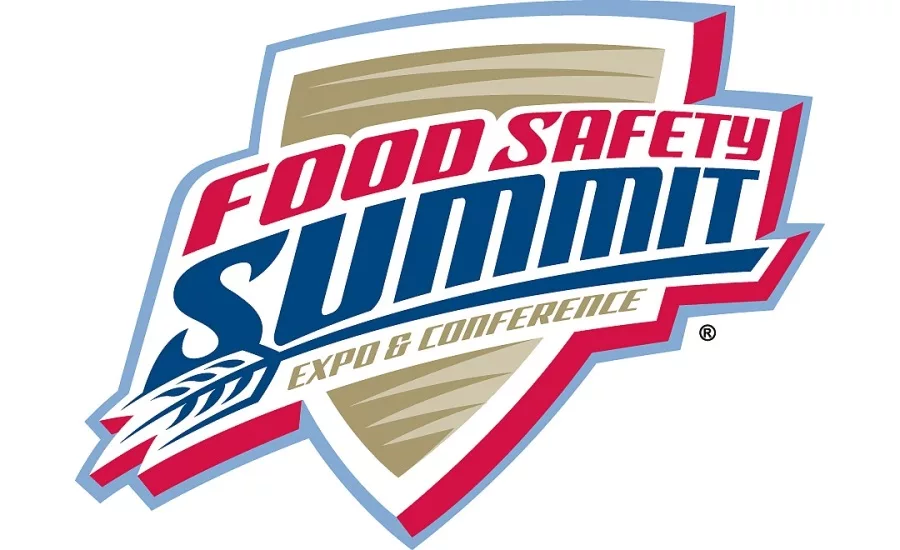Food Safety Summit: The "Who," "What" and "How's" of The Sanitary Transportation Food Act (STFA)

The Sanitary Transportation Food Act (STFA) is a foundational rule of the Food Safety Modernization Act (FSMA), established in 2011. The STFA includes both human and animal food. It became effective on June 6, 2016. USDA regulated product transportation under Federal Meat Inspection Act (FMIA), Privacy Impact Assessment (PIA) and Equine Infectious Anemia (EIA) are exempt.
The rule ensures the safety of food during transportation for refrigerated/frozen and bulk liquids. It applies to food intended for consumption in the U.S. whether or not the food is offered for or enters interstate commerce. It requires temperature monitoring in transit and pre-cooling of trailers as necessary. There is flexibility in the rule that is necessary for the industry to develop effective controls tailored to the requirements of their individual operations and their specific customer base.
The key requirements of the rule are Preventive Controls.
They include:
- Temperature control
- Vehicle and transportation equipment – Sanitation, pest control, loading and unloading procedures
- Transportation operations
- Shippers
- Loaders
- Receivers
- Carriers
- Training – Employee and Customer
- Appropriate food packaging
- Records
- Defined requirements established between trading partners in the supply chain
Let’s take a look at the key roles of the Shippers, Loaders, Receivers and Carriers.
SHIPPER- Person who arranges the transportation of food by a carrier(s)
- Logistic Coordinator
- Freight broker
- Manufacturer
LOADER- Person who loads the food onto a vehicle during transportation operations
Duties may include preloading inspections of transportation equipment for the following:
- Precooling
- Compartment temperature
- Product integrity
- Trailer conditions
- Pest activity
- Food safety issues that may contribute to cross contamination or allergen cross contact
CARRIER- Person who physically moves food by rail or truck
- Includes Over the Road Drivers and Delivery Drivers
- Does not include: FEDEX, UPS and USPS
- Involves food in commerce within the U.S.
RECEIVER- Person who receives food at any point during transportation in the U.S.
Duties may include inspection of transportation equipment for the following:
- Compartment temperatures
- Product integrity- Evidence of tampering or adulteration
- Product temperature
- Trailer conditions
- Pest activity
- Food safety issues that may contribute to cross contamination or allergen cross contact
- This does not need to be the final point of receipt
Now, let’s look at two additional requirements of the Act: Training and Record Requirements
TRAINING REQUIREMENTS
- Training schedule
- At time of hire
- As necessary
- Must be documented
- Additional training specific to company and products may be needed
RECORDS REQUIREMENTS
- All agreements and specifications that relate to keeping food safe during transportation
- No contamination from vehicles or equipment
- No contamination from previous cargo
- No temperature abuse issues during transport (transported at required temps)
- Companies that have more than one capacity in transportation operations (i.e. shipper, loader, carrier, receiver) must have written procedures to ensure sanitary transportation of food overall.
For more information in an interactive work session environment, attend Session 22 entitled The “Who”, “What” and “How’s” of The Sanitary Transportation Food Act (STFA) at the Food Safety Summit in Rosemont, IL on Thursday, May 9 from 2:45-4:00 p.m.



